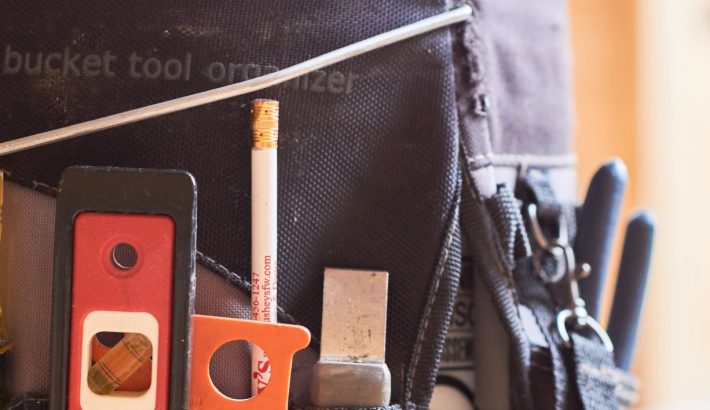5 Ways to Save on Window Replacement
How to maximize your investment in window replacement by spending smartly and avoiding unnecessary bells and whistles.
You’ll make many decisions during your window replacement process, from whether it’s really time to replace your windows to what material to choose, to whether to do all of your windows at once or approach it in phases. Replacing windows and doors is an investment, and just like any investment, it’s worth considering how you can spend only what you need and plan for maximizing your return on what you’re putting in.
Consider these 5 tips for spending wisely on your replacement project.
Know when to repair vs. replace your windows.
Knowing whether your window issues are repairable or if they warrant replacement can be a tough call. Some wear and tear is normal and usually won’t affect the performance of your windows, but other signs indicate that window replacement might be on the horizon. Consider whether you can free up painted-shut upper sash and replace broken panes, sash cords or hardware instead of replacing the entire window. If your windows are drafty, adding weatherstripping might be a short-term fix. Learn how to rate the severity of your window issues before you rush down the replacement path.
Understand that energy efficiency is not one size fits all.
It’s hard to talk about window replacement without hearing about energy efficiency. What many homeowners don’t realize is that energy efficiency requirements for windows and doors depend on your region and your home’s existing efficiency. A home in a Northern region that needs to keep as much heat as possible inside their home in the winter months will require different glazing and coating options than a home in the South that needs to keep the warmth out year ’round.
And while a window with all of the energy efficiency bells and whistles might sound like the best investment, it’s important to realize that if your walls aren’t properly insulated, for example, energy-efficient windows with insulating gas or triple pane glass won’t make much of a difference. Triple pane glass, sometimes heralded as the ultimate in energy efficiency, isn’t always better. Conducting a home energy audit can help you decide if an investment in extra energy efficient window measures will be worth it over time.
Choose your replacement window material wisely.
Not all materials are created equal. Have detailed conversations with your window contractor or dealer and ask them to help you weigh the long-term benefits of various materials by considering their look, maintenance needs and longevity. An all-wood window requires the most maintenance, but may be worth it if you’re in a historical area or if original character is important. Vinyl windows might advertise “hands-off” maintenance, but may not come in the colors you want, and could degrade faster when exposed to harsh weather. Clad wood or fiberglass could offer a sweet spot in terms of low maintenance, design choice and long-term durability that will protect your investment.
Keep resale in mind.
According to the National Association of Realtors, replacing your windows could offer a 73% return on investment when it comes time to sell your home. To maximize this return, use the value of your home as a benchmark for making decisions. An inexpensive material might seem like a good money-saving measure, but it could hurt you in the long run. The same goes for shelling out the big bucks for the most expensive option out there. To get the highest return on your replacement window investment, avoid choosing windows and doors in a material that’s inferior to the rest of the finishes in the home (or considerably more high-end). Instead, aim to match and maintain the home’s original character and style to create a cohesive look for future buyers.
Remember that it’s not all or nothing.
Every house is different in terms of how many windows and doors a replacement job would entail, and sometimes not all windows are in the same condition. Consider whether you might replace a few windows at a time to keep your initial investment lower, or ask a window contractor to assess your existing windows and provide priorities based on their condition. Familiarize yourself with the difference between insert and full frame replacement to understand whether you can save money by salvaging existing frames and trim. Talk to you contractor about manufacturers that offer narrow frame windows that will fit into these existing openings.









